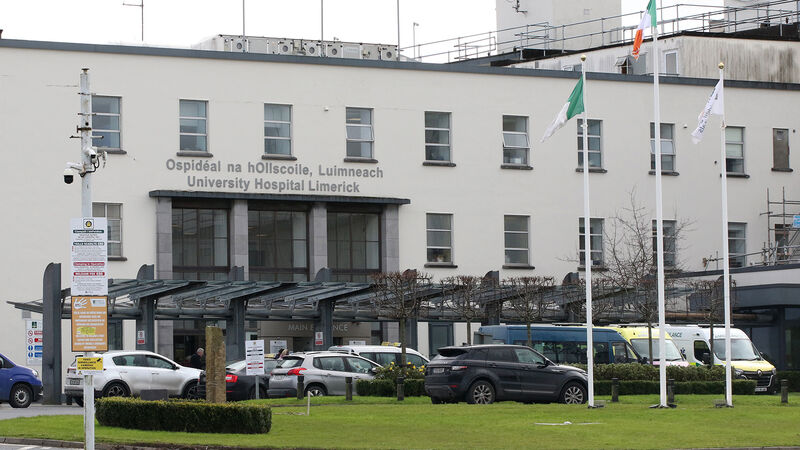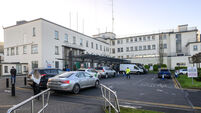'Sense of hopelessness' among staff at Limerick hospital

The number of patients on trolleys at University Hospital Limerick continues to rise, reaching 143 last Monday. Picture: Brendan Gleeson
In January, more than 11,000 people who marched in Limerick against hospital overcrowding believed it could galvanise real change, yet cancelled surgeries have occurred once more.














